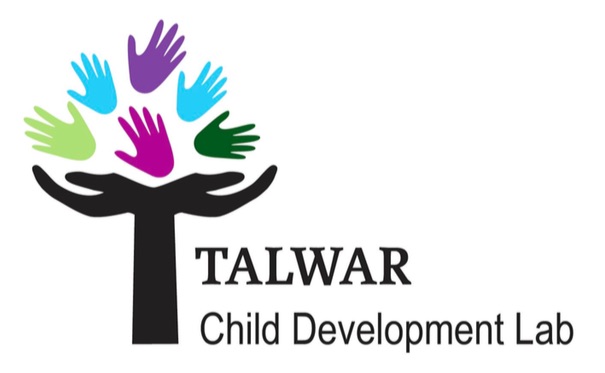
Karissa joined the Talwar Research Team in 2011 as an undergraduate student and is currently a PhD candidate in Educational Psychology (Human Development concentration) at McGill University. She has a B.A. in Psychology from McGill University and an M.A. in Learning Sciences from Université de Sherbrooke. Karissa actively participates in lab research focusing on children’s and adolescents’ moral development and behaviors. Her dissertation studies focus on the influence of parent-child conversations about cyberbullying on children’s and adolescents’ beliefs about online aggression and their own behaviors online.
Scholarships and Awards
2020 – Dissertation Research Award, American Psychological Association
2017-2020 – Joseph-Armand Bombardier Canada Graduate Scholarship, SSHRC Doctoral Research Program
2017 – Award for Scientific Dissemination, Faculty of Education, Université de Sherbrooke
2016-2017 – Joseph-Armand Bombardier Canada Graduate Scholarship, SSHRC Master’s Research Program
Publications
Caivano, O., Leduc, K., & Talwar, V. (2020). When you think you know: The effectiveness of restrictive mediation on parental awareness of cyberbullying experiences across school level. Cyberpsychology: Journal of Psychosocial Research on Cyberspace, 14, 1-15. doi: 10.5817/CP2020-1-2
Caivano, O., Leduc, K., & Talwar, V. (2020). The influence of valence and relationships on children’s moral evaluations of gossip. British Journal of Developmental Psychology, 38, 219-238. doi: 10.1111/bjdp.12319
Shouhoudi-Mojdehi, A., Leduc, K., Shouhoudi, A., & Talwar, V. (2019). Examining cross-cultural differences in youth’s moral perceptions of cyberbullying. Cyberpsychology, Behavior, & Social Networking, 22, 243-248. doi: 10.1089/cyber.2018.0339
Leduc, K., Conway, L., Gomez-Garibello, C., & Talwar, V. (2018). The influence of participant role, gender, and age in elementary and high-school children’s moral justifications of cyberbullying behaviors. Computers in Human Behavior, 83, 215-220. doi: 10.1016/j.chb.2018.01.044
Talwar, V., Yachison, S., Leduc, K., & Nagar, P. M. (2018). Practice makes perfect? The impact of coaching and moral stories on children’s lie-telling. International Journal of Behavioral Development, early view online, 1-9. doi: 10.1177/0165025417728583
Lavoie, J., Leduc, K., Arruda, C., Crossman, A.M., & Talwar, V. (2017). Developmental profiles of children’s spontaneous lie-telling behavior: A latent class regression. Cognitive Development, 41, 33-45. doi: 10.1016/j.cogdev.2016.12.002
Leduc, K., Williams, S., Gomez-Garibello, C., & Talwar, V. (2016). The contributions of mental state understanding and executive functioning to preschool-aged children’s emerging lie-telling. British Journal of Developmental Psychology, 35, 288-302. doi: 10.1111/bjdp.12163
Williams, S., Leduc, K., Crossman, A.M., & Talwar, V. (2016). Young deceivers: The identification of lying, executive functions and antisocial lies in preschool aged children. Infant and Child Development, 26, 1-17. doi: 10.1002/icd.1956
Talwar, V., Yachison, S., & Leduc, K. (2015). Promoting honesty: The influence of stories on children’s lie-telling behaviors and their moral understanding. Infant and Child Development, 25, 484-501. doi: 10.1002/icd.1949
Lavoie, J., Leduc, K., Crossman, A. M., & Talwar, V. (2015). Do as I say and not as I think: Parent socialization of lie-telling behaviour. Children & Society, 30, 253-264. doi: 10.1111/chso.12139

